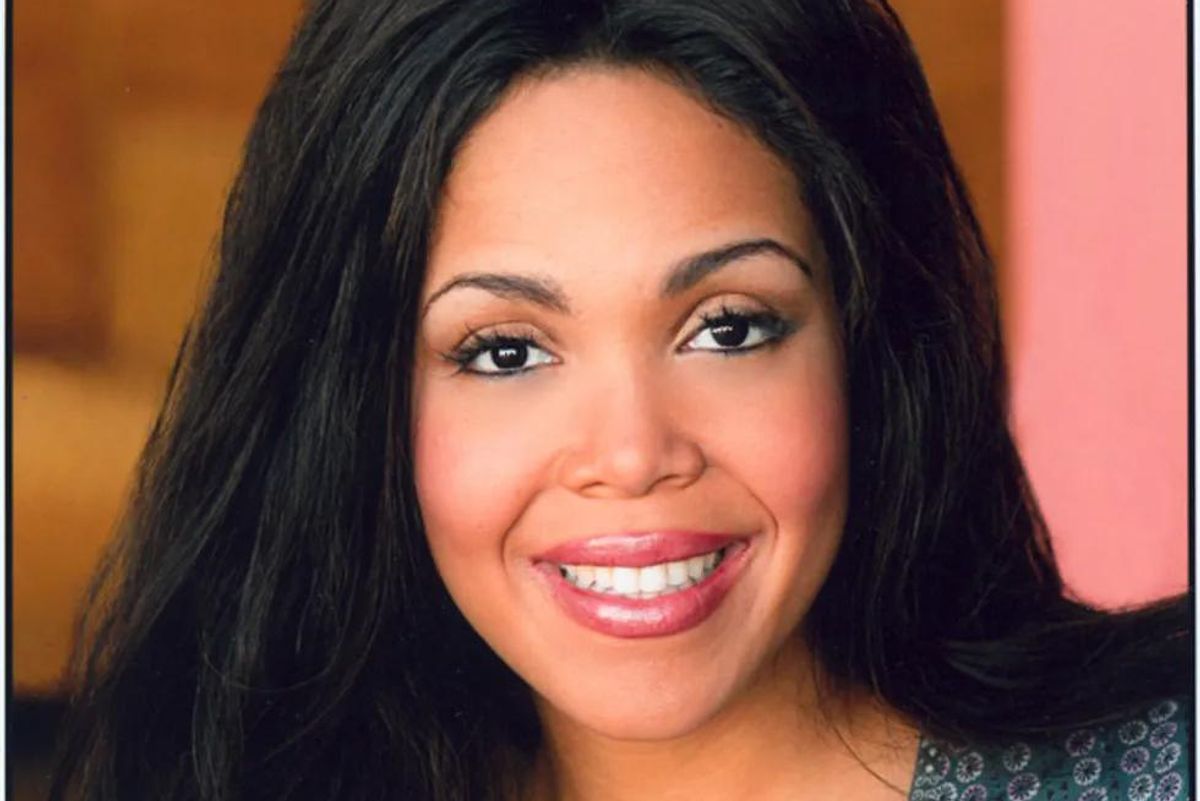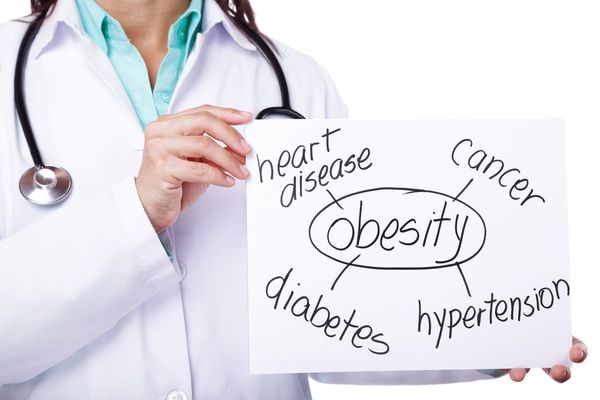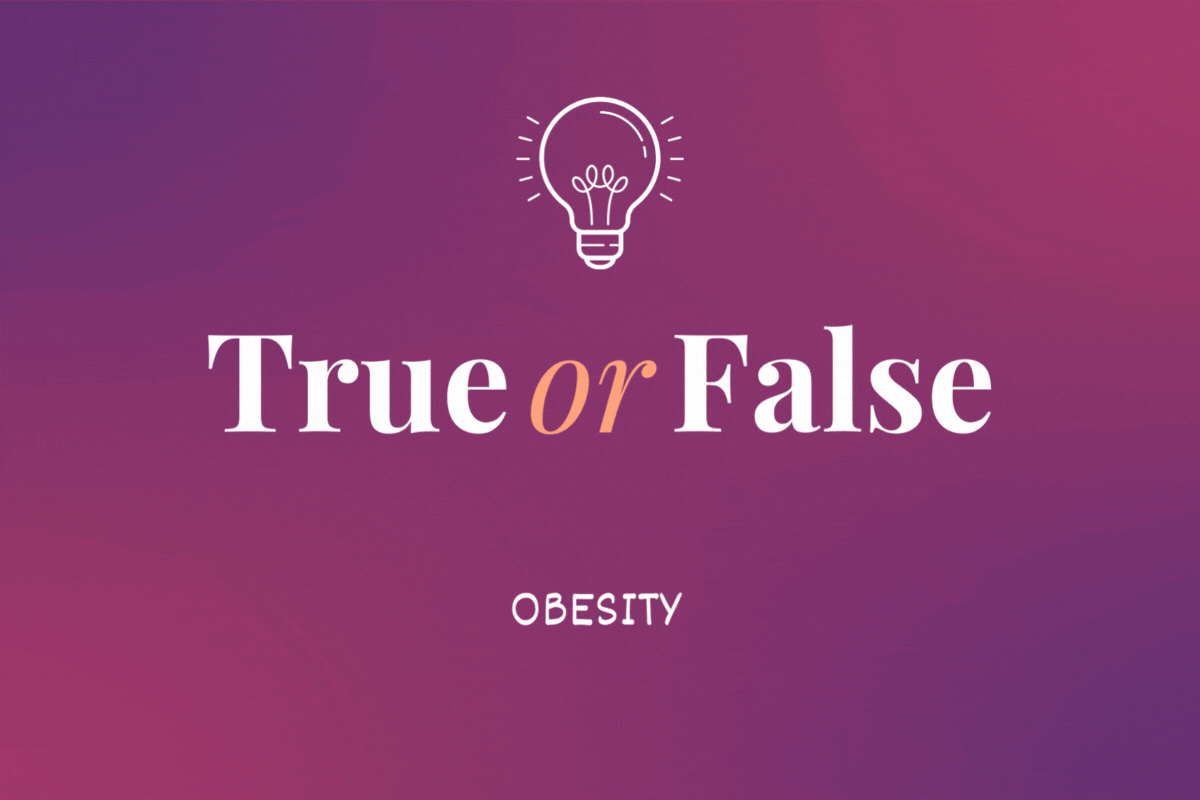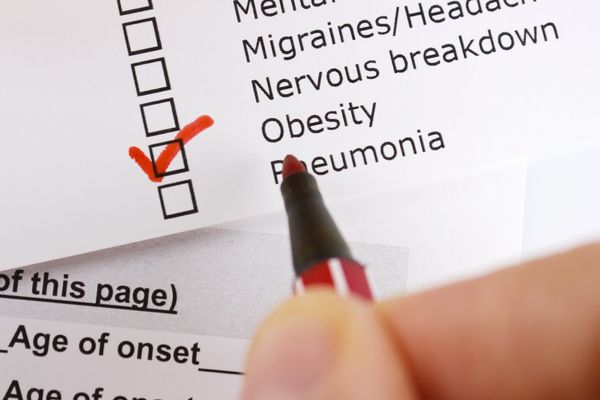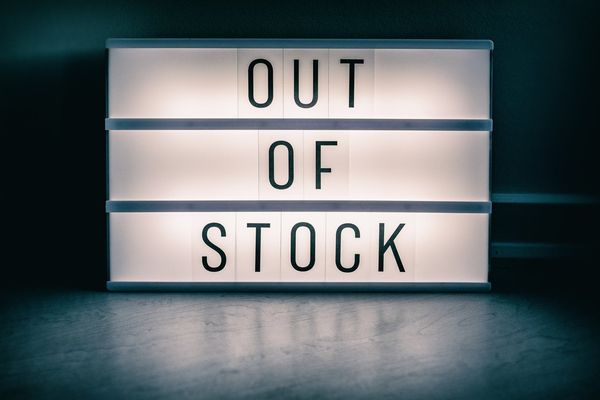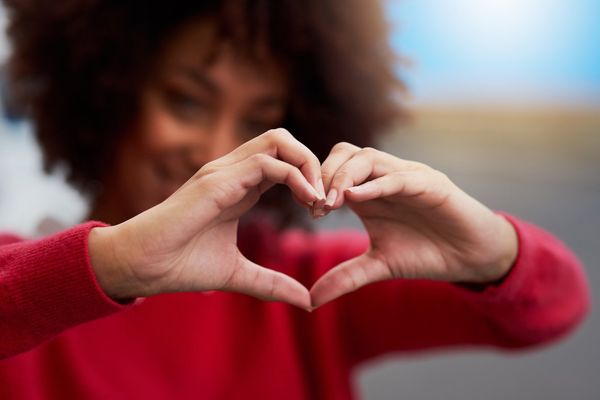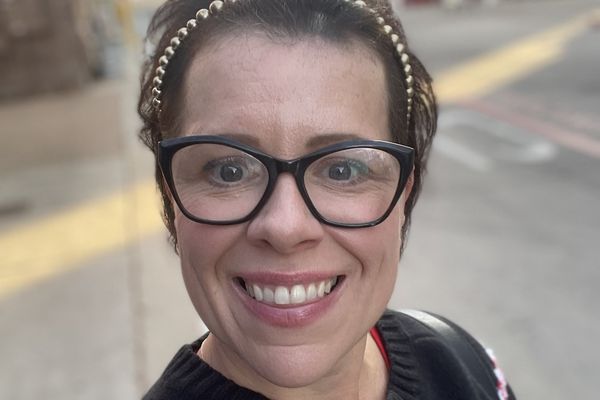Like many people who struggle with weight, Khaliah Ali describes her battle as beginning at an early age.
Using terms like big-boned, thick and chubby, the daughter of boxing great Muhammad Ali said, "I was built like my father; I was built like the heavyweight champion of the world."
Though not obese by any means, Ali recalls her well-meaning mother placing her on a diet at 9 years old. She made her "Today Show" debut at the same age in a segment about weight loss. Measuring 5 feet 2 inches and weighing 114 pounds, Ali said, "I was set on a course for a lifetime of feeling unattractive."
With her weight fluctuating throughout her teens, Ali settled into a niche for two years as a plus-sized model after being scouted by the renowned Ford Models agency. But, still, Ali could not avoid the social, emotional and spiritual ramifications of being overweight. "I started dying years before my weight loss," she described. "I avoided family photos, and I never got in a pool with my own child."
Recognizing the need to be accountable for her life, Ali determined that a chain is only as strong as its weakest link and changed her lifestyle—for good. "When we get ourselves together to break the cycle, we see what is possible for our own children," she said.
Today, Ali focuses on moderation in her household where her 11-year-old son is not told "never."
"I focus on a variety of fruits, vegetables and juices," she said. That allows for differing and developing tastes. "When you're changing your life and living a healthier life, it trickles down to your children."
Because mothers bear much of the responsibility of running a household, including planning and budgeting meals, Ali emphasizes that such burdens should be seen as a gift. Mothers have the opportunity to reverse direction and set their families on a new course toward health.
"It costs the same for a family of four to eat fast food as it does to provide chicken, brown rice and steamed veggies," Ali said. "We need to embrace the role as head of household and our history of resourcefulness making something out of nothing."
So where do we begin?
By just doing it, explains Ali. "Picking up a soccer ball or tennis racket with your child can be more valuable than a $125-an-hour trainer," she said.
Ali imparts that obesity is not just an epidemic, but a disease that kills. "We are the first generation to bury our children from obesity. If someone sat you down and told you your kids have cancer, you would fight with all your being to save their lives," she said. "For some reason the message of obesity falls on deaf ears, and we have to change the way we look at things."
Ali was recently named editor and chief of WLS "Weight Loss Success" Lifestyles magazine.

